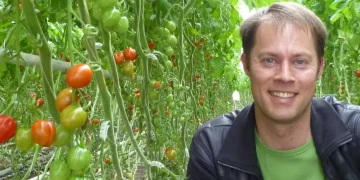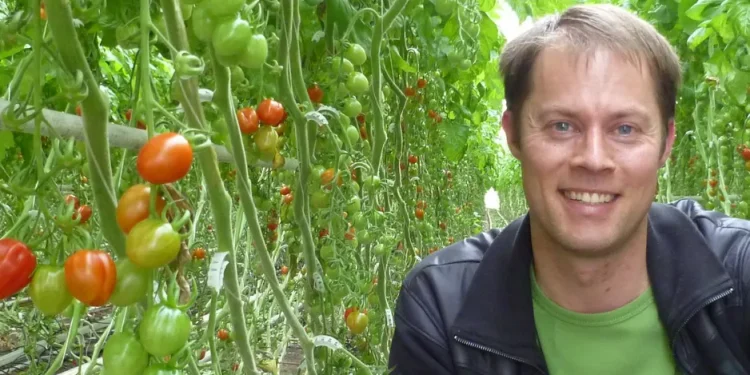Analysis of Current Market Conditions and Strategic Shifts by Eco Veg
The organic greenhouse vegetable market is grappling with stagnant demand and production setbacks, as detailed by Krist Hamerlinck of Belgian organic growing company Eco Veg. This article delves into the factors influencing the current state of the market and the strategic adjustments being made by Eco Veg to navigate these challenges.
Decline in Market Players and Demand Trends
In recent years, the number of players in the organic greenhouse vegetable segments has diminished, leading to a decreased supply. Despite this reduction in competition, demand for organic products remains stagnant. This marks a significant shift from the pandemic period, when demand for organic produce surged as consumers prioritized healthy eating. Post-pandemic, demand has sharply declined, compounded by the ongoing energy crisis, which has made consumers more cautious about their spending.
Adverse Weather Conditions Impact Production
The Belgian organic greenhouse vegetable season is currently struggling due to a lack of sunlight this spring. Krist Hamerlinck explains that productions are significantly behind compared to last year, primarily because sunlight is crucial for optimal growth. “We had almost no sun until mid-June. That delayed productions because, for good growth, you need the sun,” he notes. This has led to substantial setbacks in the production of light-sensitive crops such as cucumbers and eggplants. While tomatoes have reached last year’s production levels on a weekly basis, overall production remains below par. Bell peppers have shown the least difference, but even they are not growing as expected. The limited volumes have led to higher prices, but these increases are insufficient to offset production losses and rising costs.
Strategic Shifts and Diversification Efforts
In response to these challenging conditions, Eco Veg is exploring diversification into other product groups. While greenhouse vegetables remain the primary focus, the company is also considering crops like raspberries grown under glass. However, the humid weather has introduced disease challenges. Additionally, Eco Veg is looking into leafy crops such as lettuce and spinach, which have a strong market presence in winter. To manage competition from Spain, the company plans to cease cucumber production earlier, by October, and switch to leafy crops, reducing heating costs.
Market Adaptation and Partnership Development
Eco Veg is actively seeking partners and fixed programs to secure product sales amid these tough times. The company recognizes Scandinavia as a crucial market, although leafy greens do not hold the same export value as other products. Nevertheless, Eco Veg sees potential in the Netherlands and Belgium. “Challenging times mean we entrepreneurs must widen our gaze,” Krist concludes, highlighting the need for strategic adaptation in the face of ongoing market pressures.































